Busan Trip
My trip to Busan was very interesting and also extremely successful in terms of interviews. With the help of my colleague from Mosim, in just two days we managed 3 group interviews with a total of 9 people. Each one lasted almost two hours and were very intense but the most memorable thing was the passion and openness of the people we interviewed.
Hansalim Busan’s Activity Center
We met them in one of Hansalim Busan’s activity centers in the old down town area of the city. It was a 2nd floor office and inside was a large kitchen, some desk space for staff, a small library, and two meeting rooms. While we were there I noticed lots of people coming in and out for meetings and activities and some people were also planning for the next day’s protest march against nuclear power.
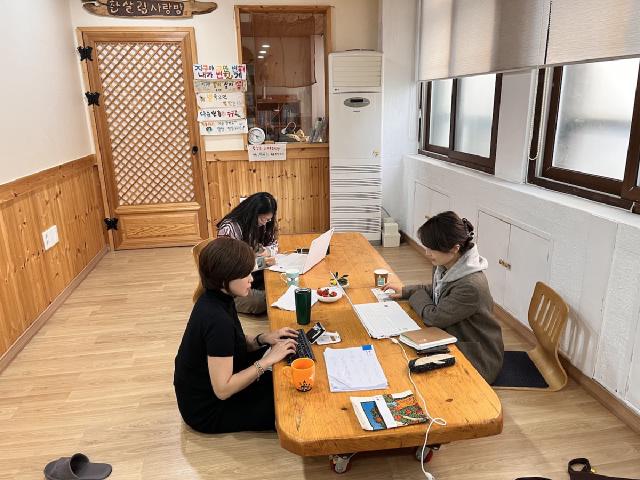
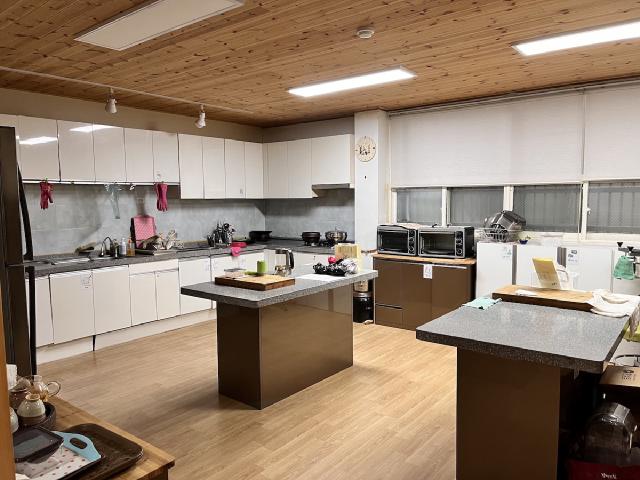
Interviews
On the first day we interviewed the chairperson of the board of directors along with two other directors and an activist coordinator.
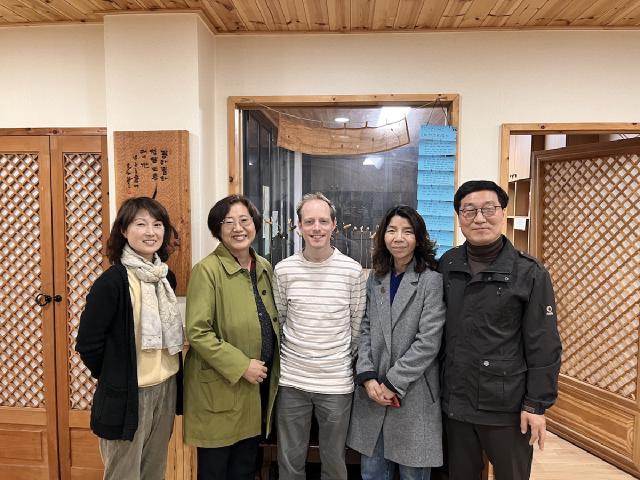
The next day in the morning we had couple of hours with two producers, one of whom was also a published poet who gave me a book of his poems!
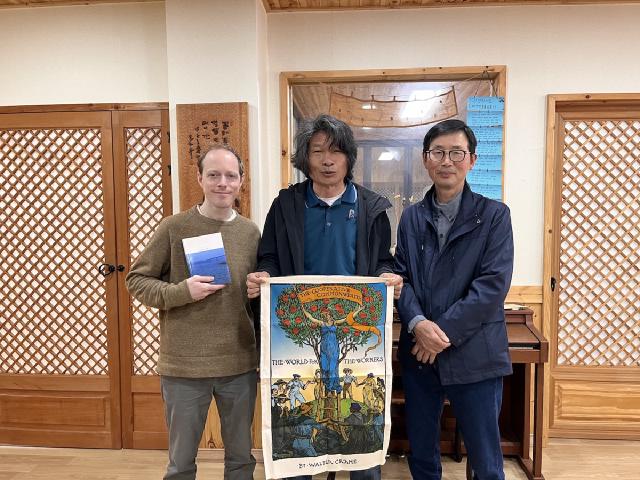
Over lunch with the producers and some of the staff from the office we ended up discussing the possible impact of robotics on organic farming. This turned out to be a very lively conversation and revealed to me their keen awareness of the complexities of politics and power in the contemporary food system.
In the afternoon it was time to meet some of the employed staff, whose role it is to manage the complex relationships between consumers and producers and to negotiate the tension between running an economically viable business alongside an environmental and social movement. Not an easy task!!
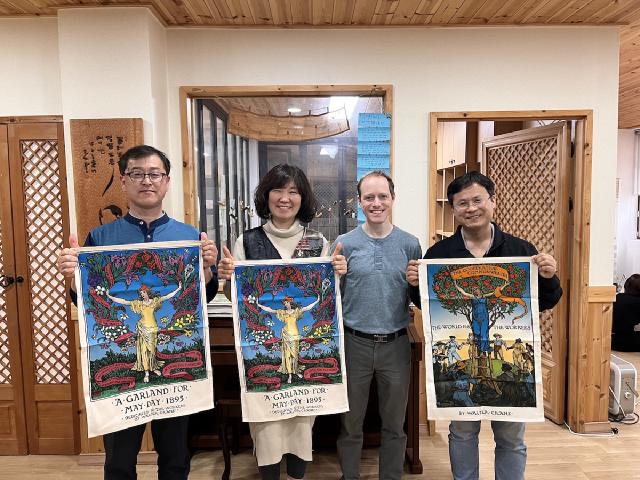
A story of contested changes
One of the things they explained to me was a key moment in Hansalim’s development from a decentralized structure into a federation with a central organization, now called “The Hansalim Federation”. In the 2000s Hansalim was a group of 8 regional consumer cooperatives in federation with producer associations with a flat structure, each having an equal vote in decision making. In order to better coordinate their business activities and support the wider social movement, five of them formed a central federation, this led to the creation of a central business association and a central producers alliance.
The three remaining consumer cooperatives (Busan and two others) were against the move and didn’t join the central organizations until some years later. One of the reasons they were against it was the fear that the creation of central organizations would create a center of power that could lead to an unequal relationship between Seoul and the regional cooperatives.
This tension between economic survival and the preservation of the movement’s values is a central theme in Hansalim’s story. Central coordination brings business efficiencies, enables quick decision making and enables economies of scale but it may also lead to compromises on other values such as localism, direct relationships and consensus building. How Hansalim has responded to this challenge will hold valuable lessons for others seeking to create large scale alternatives to industrial food systems.
